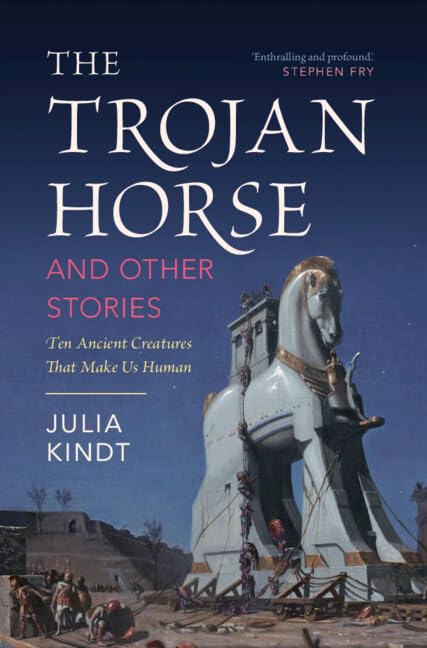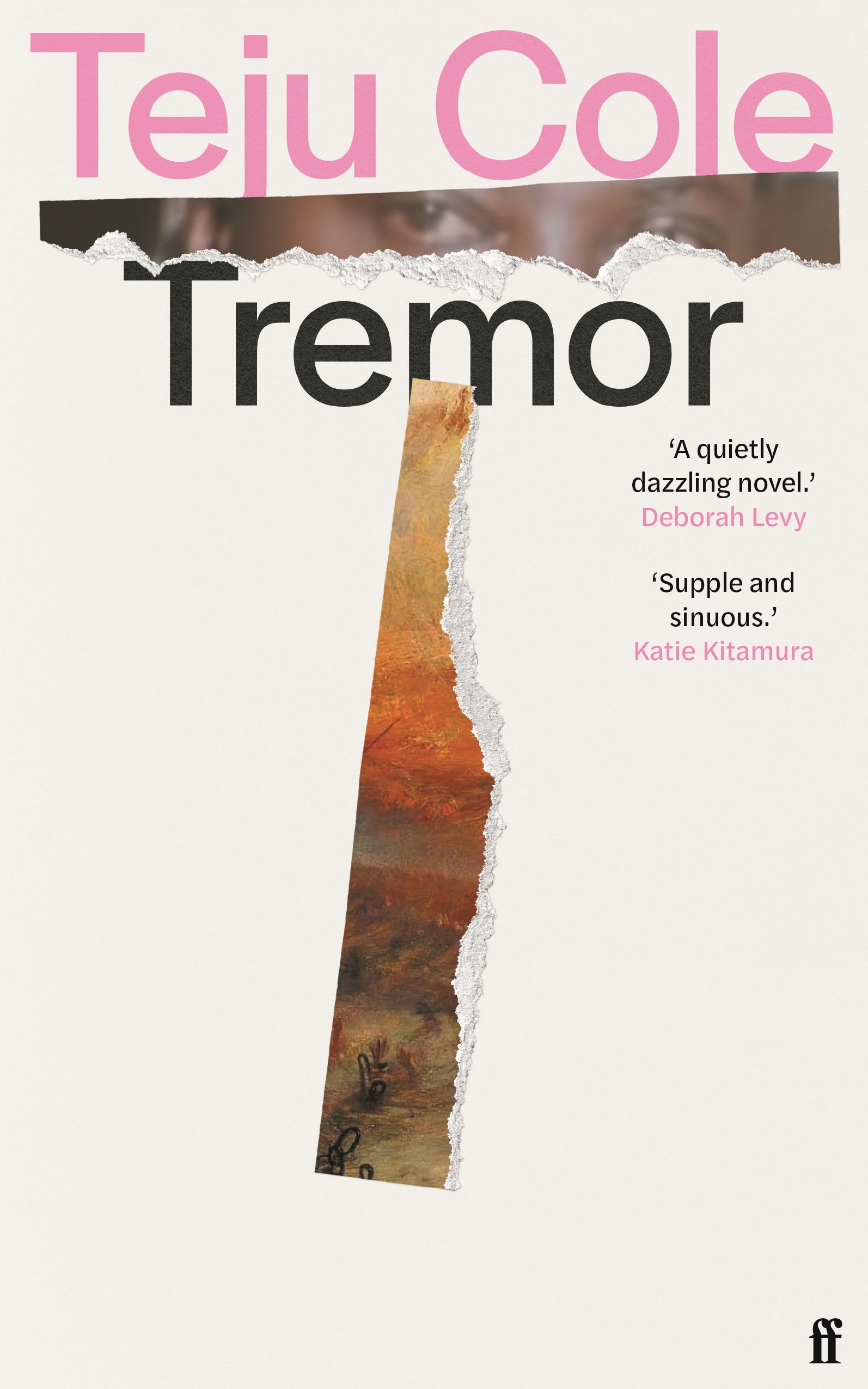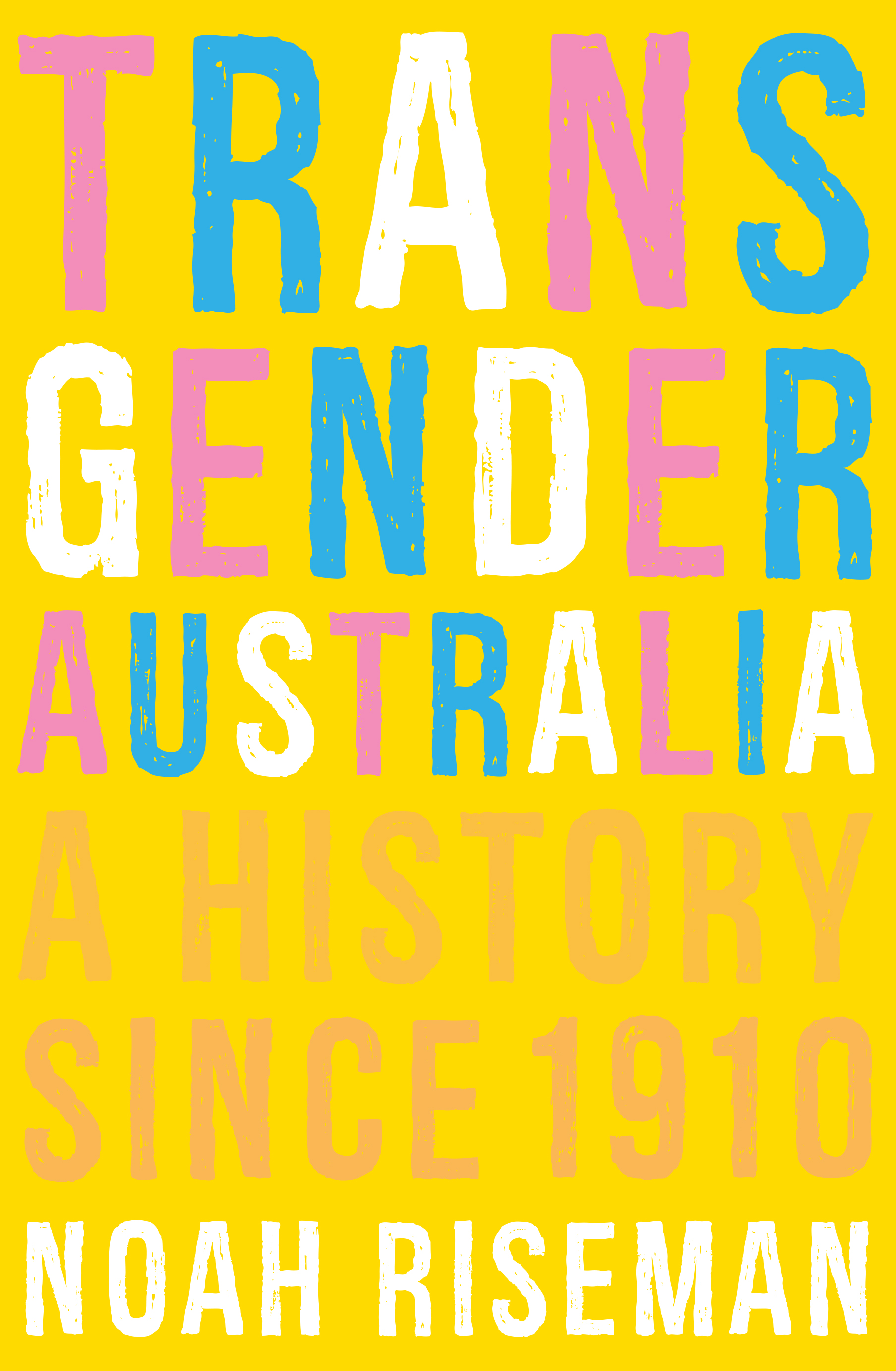Letters to the Editor - May 2011
Starched collars
Dear Editor,
Stuart Macintyre’s review of my book, Curtin’s Empire (April 2011), shows that on many of the substantive issues relating to the wartime leader’s world view we are on common ground. Macintyre notes that Curtin’s 1941 ‘Look to America’ statement was not in fact the first time that an Australian leader had appealed to the Americans to come to Australia’s defence; that Curtin’s depiction of Australia as a ‘citadel for the British speaking race’ was far from the only time that he defined the country in those terms; and, further, that the concept of Australia as part of the ‘British world’ is a difficult one for contemporary Australians to grapple with.
Nevertheless, at a certain point Macintyre’s review parts company with the argument and the evidence presented in Curtin’s Empire, particularly as it relates to high strategy and domestic politics. Given the high costs that Australia paid for American assistance during World War II, it ‘was hardly surprising’, he contends, that Curtin should ‘look to the Empire as a counter-balance’. Although intended as an aside, it is an important aside. It reiterates the arguments presented by previous studies that Curtin’s Britishness was merely a pragmatic ‘makeweight’ to American hegemony. Yet, as I argue in the book, this misses the point that Curtin’s efforts to secure closer imperial cooperation into the postwar era were a serious expression of his idea of Australia. He believed that the war had only made the case all the more compelling. As he explained to the Commonwealth Prime Ministers’ Conference in London in May 1944, the call to the United States at a moment of national crisis had done nothing to diminish Australia’s deep sense of ‘oneness’ with the United Kingdom.
Similarly, Macintyre contends that the book ‘underestimates the political constraints on Curtin’, particularly in light of his dependence on independents until the 1943 election. Yet the government’s political position in the lead-up to that poll did not compel Curtin to put his plans for the postwar empire on ice. Indeed, he started to outline his Empire Council proposals well before the election, and with no serious dissent from his party. Caucus did not treat Curtin with the same respect over the issue of conscription. Further, Macintyre argues that Curtin had to ‘put up with ministers and backbenchers who had little British race patriotism’. At first glance, this suggests that Curtin was just using British race language out of political expediency; that it was not the ‘real’ Curtin speaking. But this would imply that Curtin’s British rhetoric was an understatement of his real convictions – kept in check so as not to antagonise these party firebrands.
Macintyre stresses Curtin’s concern for achieving coherence and credibility as he became Labor leader in the 1930s, even pointing to his new-found concern that his colleagues wear properly ironed shirts. But equally it might be added that Australian Britishness was not merely some starched collar respectability. Just as Allan Martin and Judith Brett have shown that Menzies did not consciously don the garments of Britishness to curry favour with the electorate, the same might be said of Curtin. Britishness was never the exclusive preserve of conservative loyalists. Curtin’s might have been a rhetoric of Britishness less saturated with the longing for ‘home’ or nostalgia for an English rural arcadia, but it was no less a powerful way of articulating Australia’s attachment to the wider British world.
James Curran, Sydney, NSW
Stuart Macintyre replies:
James Curran thinks that I underestimate John Curtin’s Britishness because I emphasise the constraints on him as a war leader and the pragmatic considerations that guided his proposal for an Empire Council. On the contrary, I think his book exaggerates the significance of Curtin’s ‘British race patriotism’. We are in agreement that Curtin understood Australia as British in its composition, character, and loyalty – in disagreement about the implications of that ancestral sentiment after it became apparent that Australia could no longer rely on Britain to ensure its national survival.
A few weeks after his ‘Look to America’ statement, Curtin said that he was ‘shocked and amazed at allegations in certain quarters that disunity exists among the people of Australia and Britain’. So he was, but meanwhile he was exchanging angry cables with Winston Churchill over the return of two divisions of the AIF for home defence.
As had Australian leaders before him, Curtin realised that Australia had little purchase on British strategy. Advice from Stanley Bruce, who as high commissioner in London was persistently rebuffed by Churchill, made this clear. As others had done before him, Curtin wanted a machinery for imperial consultation that would overcome this problem – and, as James Curran knows, his attempt to secure it in 1944 met with summary dismissal.
The question at issue is not whether Curtin retained an attachment to Britishness, but how Australia should pursue its national interests in the postwar world. It became apparent at Hot Springs and Bretton Woods that Australia would maximise its economic prospects through maintenance of the sterling bloc, and Ben Chifley did so at a considerable political cost. It became apparent at San Francisco that Australian expectations of the international order differed from those of the major powers, a club that Britain was both unwilling and unable to leave, but the benefits of which Australia still hoped to share.
Thus the imperial relationship entered its final chapter, but the current vogue for cultural identity sheds little light on how it came about. Following the fall of Singapore, the ABC dropped ‘The British Grenadiers’ to introduce its news bulletins in favour of ‘Advance Australia Fair’. A year later, Curtin rebuked Arthur Calwell, his Minister for Information, for requesting movie theatres to adopt the local tune, and insisted, ‘Our anthem is God Save the King’. This was a consequence, and not a cause, of the prime minister’s determination of national policy.





Leave a comment
If you are an ABR subscriber, you will need to sign in to post a comment.
If you have forgotten your sign in details, or if you receive an error message when trying to submit your comment, please email your comment (and the name of the article to which it relates) to ABR Comments. We will review your comment and, subject to approval, we will post it under your name.
Please note that all comments must be approved by ABR and comply with our Terms & Conditions.